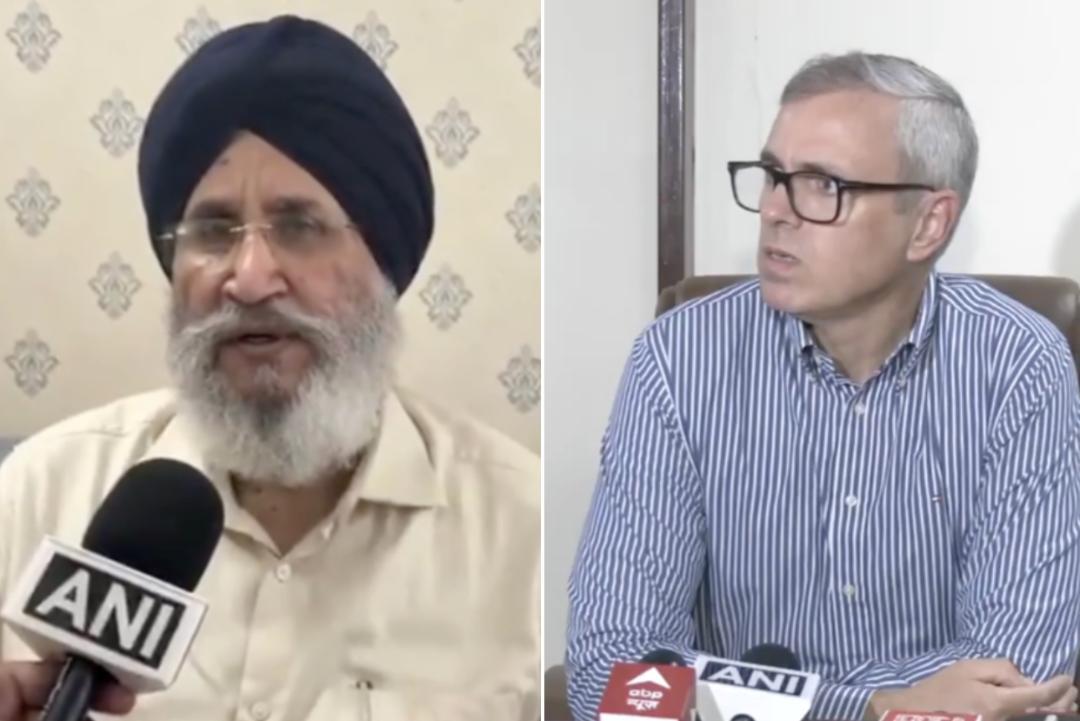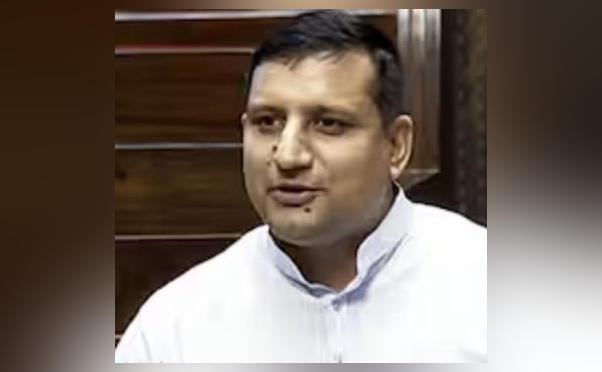
J&K CM’s remark on water sharing unreasonable: Akali Dal leader
The recent statement made by Jammu and Kashmir Chief Minister Omar Abdullah, stating that he will not share any water with Punjab, has sparked controversy and outrage among political circles. In response to Abdullah’s remark, Shiromani Akali Dal leader Daljit Singh Cheema has called it “unreasonable” and has questioned the CM’s sudden change of heart on the issue.
For years, the issue of water sharing between the two states has been a contentious one. The Indus Waters Treaty, signed in 1960, has been the basis for the sharing of waters between India and Pakistan. However, in recent years, there have been increasing tensions over the distribution of water resources, particularly between Punjab and Jammu and Kashmir.
Abdullah’s statement, made during a recent rally in Jammu, has been seen as a stark departure from the previous stance taken by the J&K government on the issue. In the past, the state has been vocal about the need to share water resources with neighboring states, including Punjab. However, Abdullah’s recent comment has been seen as a sudden and drastic change of heart.
Cheema, a prominent leader of the Shiromani Akali Dal, has been vocal in his criticism of Abdullah’s statement. In a statement released to the press, Cheema said, “We did not expect him to comment on Punjab, as river water distribution has earlier also been in favour of other states like Rajasthan, Haryana and Delhi.” He added, “We want to know what has changed in the past few months that has led to this sudden turnaround in the J&K government’s stance on water sharing.”
Cheema’s comments are not without merit. The Indus Waters Treaty has been the basis for the sharing of waters between India and Pakistan for decades, and it has been widely recognized as a successful example of international cooperation on water resources. Under the treaty, the waters of the Indus River and its tributaries are allocated between India and Pakistan, with a significant portion of the water being shared with other states in India.
The treaty has been the subject of controversy in the past, particularly over issues such as the construction of dams and canals, which have been seen as threatening the water supply of downstream states. However, the treaty has also been recognized as a crucial component of regional cooperation on water resources, and has helped to prevent conflicts over water sharing between the two countries.
In the context of the recent controversy surrounding Abdullah’s statement, Cheema’s comments highlight the need for a more nuanced understanding of the issues at play. Rather than simply rejecting the J&K CM’s statement out of hand, it is necessary to consider the broader context of water sharing in the region and the implications of Abdullah’s remark for regional cooperation.
In conclusion, the recent statement made by Jammu and Kashmir Chief Minister Omar Abdullah, stating that he will not share any water with Punjab, has sparked controversy and outrage among political circles. Shiromani Akali Dal leader Daljit Singh Cheema has called Abdullah’s remark “unreasonable” and has questioned the CM’s sudden change of heart on the issue. As the debate over water sharing in the region continues to unfold, it is essential to consider the broader context of regional cooperation on water resources and the implications of Abdullah’s remark for future cooperation between the two states.
News Source: https://x.com/ANI/status/1935953245043933487





